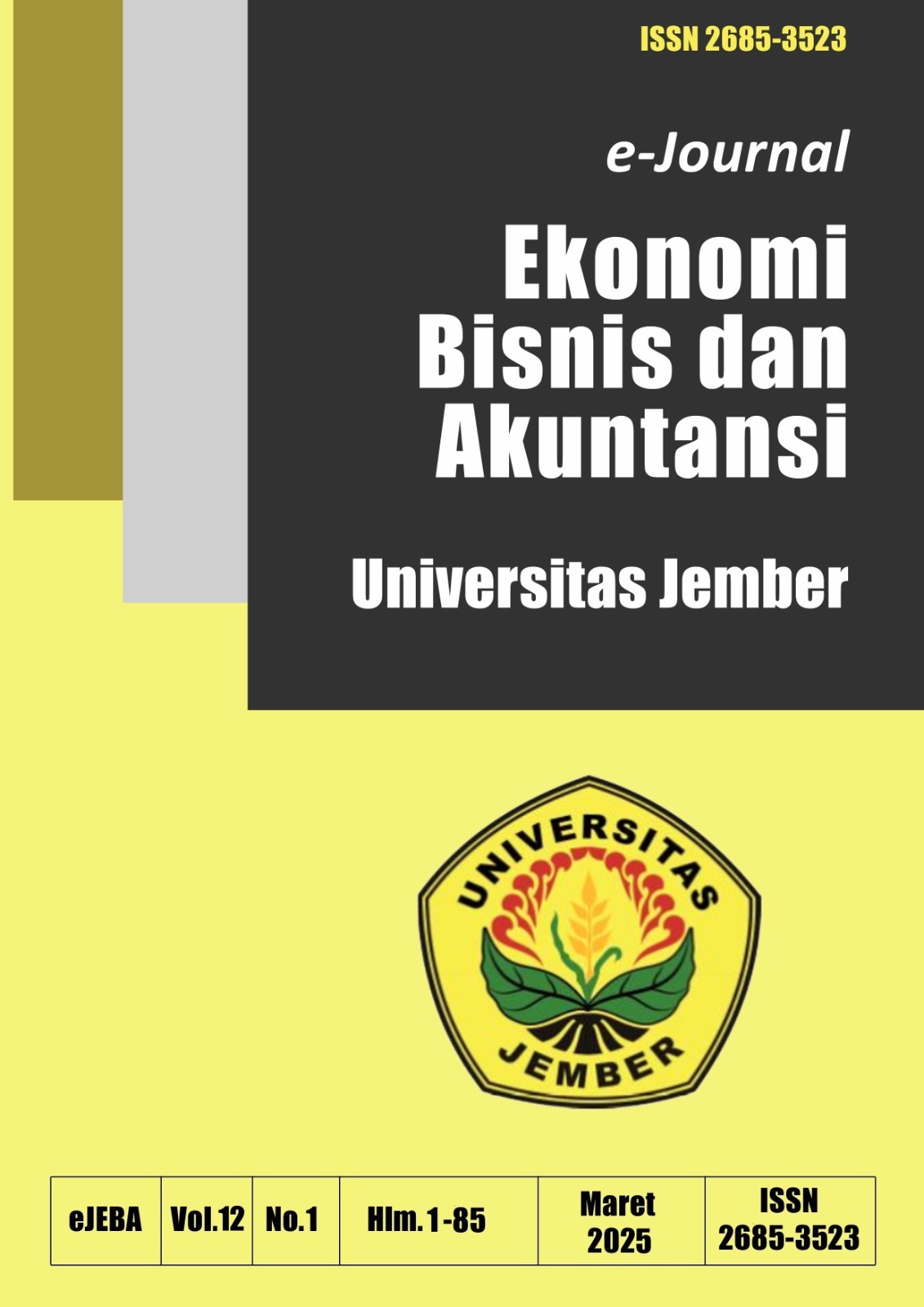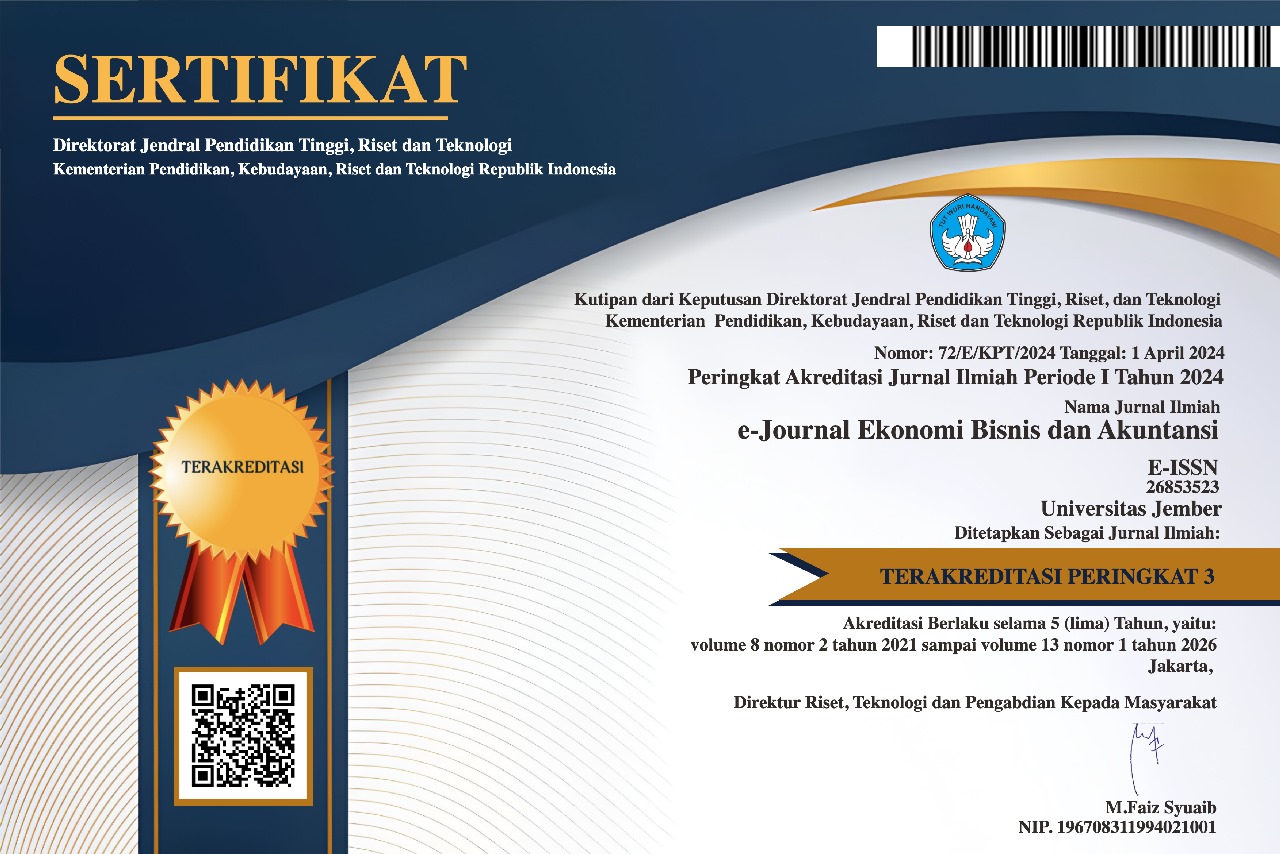The Concept of Social Welfare From The Perspective of Ibn Taimyah and Ibn Khaldun
Keywords:
Ibn Khaldun, Ibn Taimiyah, Concept, Social WelfareAbstract
This article explores the concept of social welfare, a universal aspiration for all humans. In Islam, welfare encompasses not only material well-being but also spiritual fulfillment. Achieving this welfare requires adherence to Allah's commands and avoidance of His prohibitions. Prominent Muslim thinkers, such as Ibn Taimiyah and Ibn Khaldun, have extensively discussed this topic. Ibn Taimiyah emphasized the role of government institutions in fostering prosperity, arguing that a government serves as a custodian of divine commandments. By promoting virtues like discipline, honesty, and justice, and discouraging wrongdoing, the government plays a key role in ensuring societal welfare. Similarly, Ibn Khaldun posited that prosperity arises when key factors—such as sharia, political authority, population, wealth, development, and justice—function harmoniously, a concept encapsulated in his "Circle of Equity" theory. This sense of unity enables collaboration, mutual accountability, and the fulfillment of shared obligations, fostering social harmony and driving the development of civilization and prosperity
Downloads
Downloads
Published
Issue
Section
License
Copyright (c) 2025 Maziyah Mazza Basya

This work is licensed under a Creative Commons Attribution-ShareAlike 4.0 International License.









